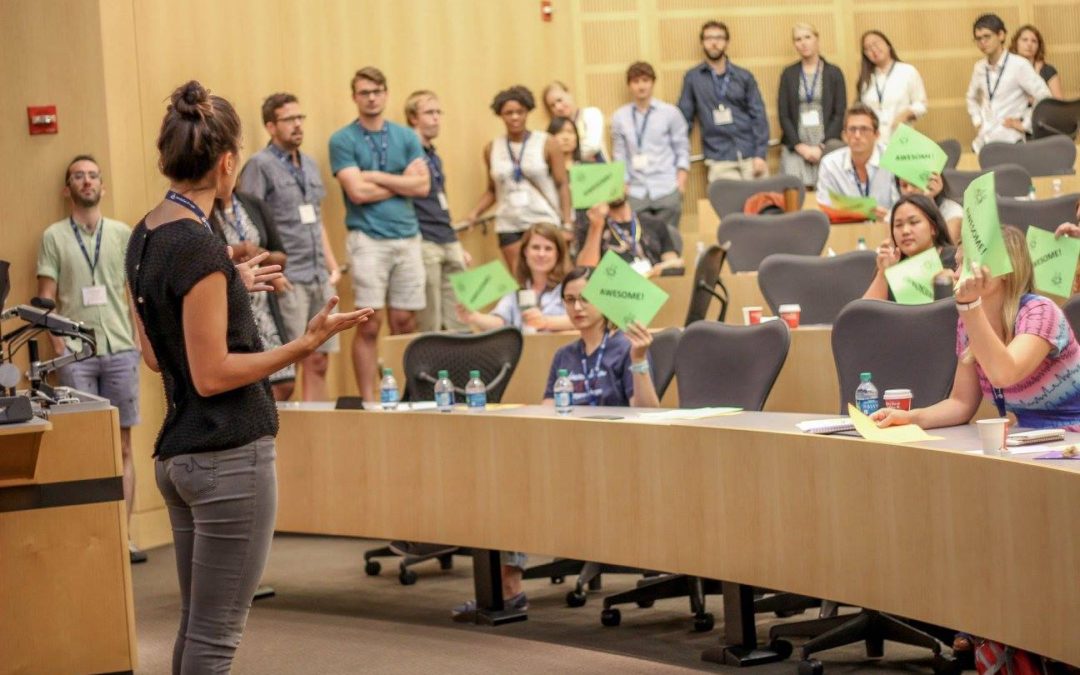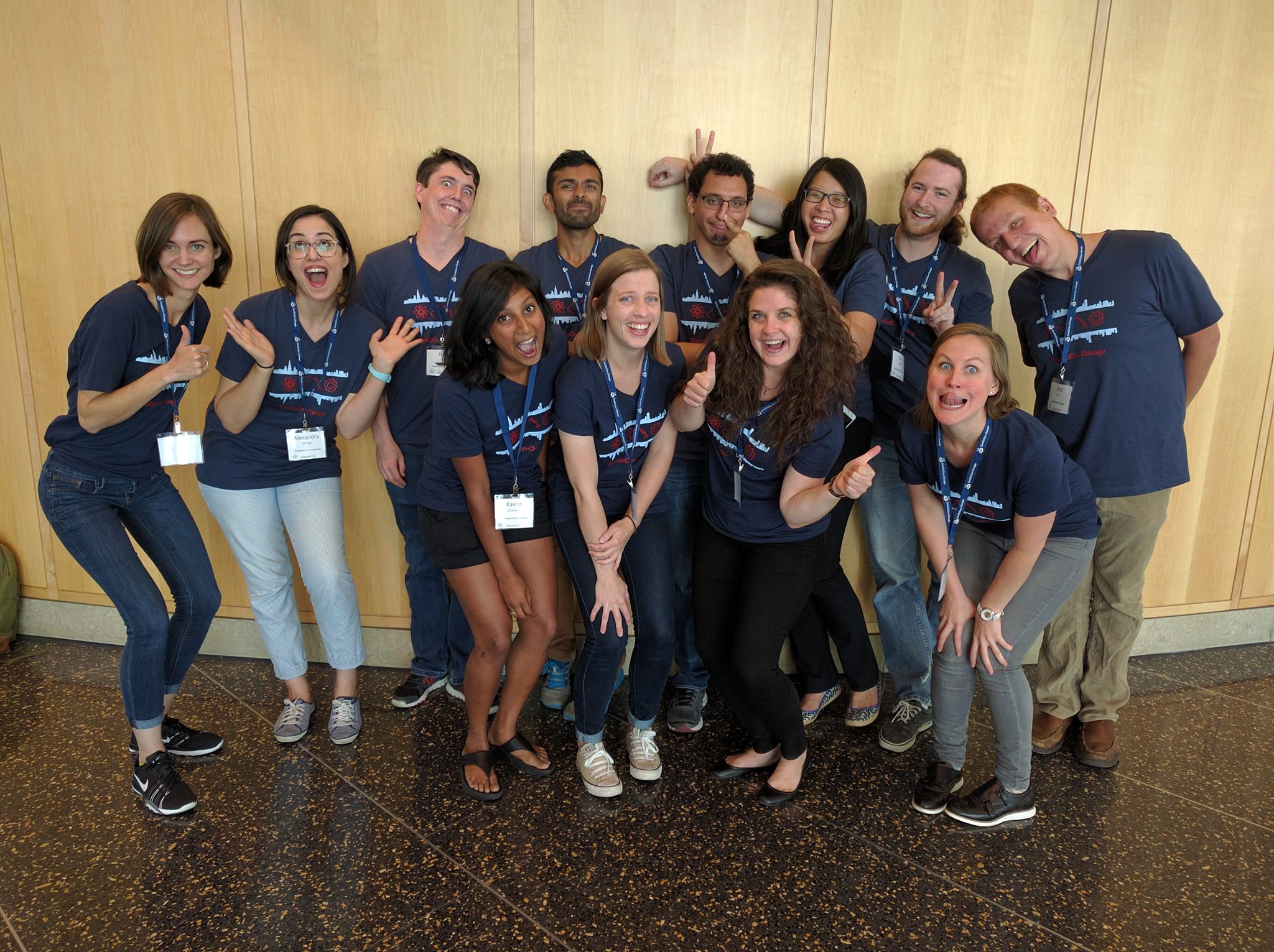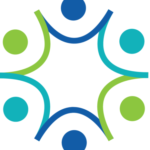The “Advocating for Science” symposium and workshop is taking place at MIT September 16-17, 2016, to enable junior scientists to advocate for science. The purpose of the meeting is to give an opportunity to those with a passion for advocating for science to develop their advocacy skills, meet like-minded junior scientists and develop focused efforts together to effect positive change.
To try to extend this meeting beyond the Boston area, we recently put out an application call for travel scholarships for attendees from further afield. Following interviews with our Kansas City Area Life Sciences Institute Travel Award Recipient, Alex Erwin, and our first Advocating for Science Travel recipient Holly Hamilton, here is our next recipient, Katherine Simeon:
I am a third year PhD student in Communication Sciences & Disorders at Northwestern University. As a cognitive scientist, I am interested in how language, perception, and cognition are interconnected. Currently, I study language processing in difficult listening conditions and how this varies for individuals with hearing loss. I am also passionate about science outreach and communication.
Tell us a little about your career path so far and what you are currently working on.
While studying Cognitive Science and Linguistics as an undergrad at Johns Hopkins University, I fell in love with language development and processing. Through undergraduate research assistantships, I investigated many questions: from how children process sentences to how adults discriminate different speech sounds. Outside of the lab, I worked with different clinical populations: I volunteered at a school for children with autism and worked as an assistant at an aphasia center.
These experiences sparked my interest in atypical language development. I entered graduate school determined to combine my research experience with my interest in clinical populations. I am grateful to have found an academic home as a PhD student in Northwestern University’s Department of Communication Sciences & Disorders. Broadly, my research looks at how different auditory experiences affect language outcomes and processing. I study the techniques listeners use to comprehend speech in different auditory environments, such as a busy restaurant or noisy classroom, and how these strategies might differ for individuals with hearing loss. I am also interested in how individuals with assistive hearing devices, such as hearing aids and cochlear implants, learn and process language.

How did you get interested in advocacy work/science policy?
In college, I was President of Advocates for Autism, a student advocacy group for individuals on the autism spectrum. I had the opportunity to attend Autism Society of America meetings and see perspectives of educators, researchers, and families. My work with this group showed me the importance of advocacy and effective science communication.
What experiences have you had in policy so far and how have they shaped/changed your scientific interests/aspirations?
I am extremely interested in educational advocacy. This past year I was a lead organizer for ComSciConChicago, a local conference for graduate students that focused on developing and improving methods for communicating their research to nontechnical audiences. I enjoyed organizing this conference because it introduced me to a wonderful network of educators, researchers, academics, and artists who are vocal advocates for science communication. Also,
our program introduced graduate students to science communication, something that is not always present in predoctoral training. I hope my research and work in science communication can help shape curriculums for both K12 and higher education.
What are your future goals?
After grad school, I hope to do research that informs educational policy and assessment. I would like my work to help create learning environments that are also ideal for clinical populations. In addition to research, I hope to be an advocate for individuals with hearing loss by engaging educators, clinicians, and policymakers in my research, and discussing the best ways to serve clinical populations.
What do you hope to get out of coming to the meeting in Boston?
I am excited to attend this meeting in order to learn from a community of likeminded scientist advocates, obtain practical advocacy skills, and expand my advocacy efforts. I also plan to take what I’ve learned and add advocacy to the agenda at ComSciConChicago.
The featured photo at the top of the post shows a session at ComSciCon-Chicago, a science communication conference for graduate students.






Trackbacks/Pingbacks